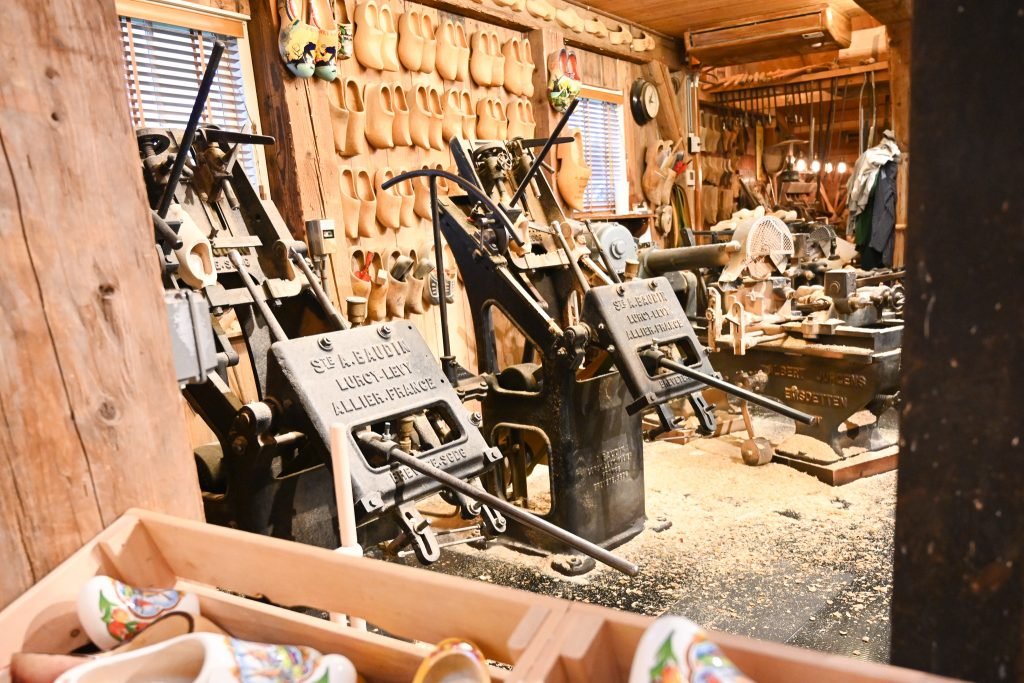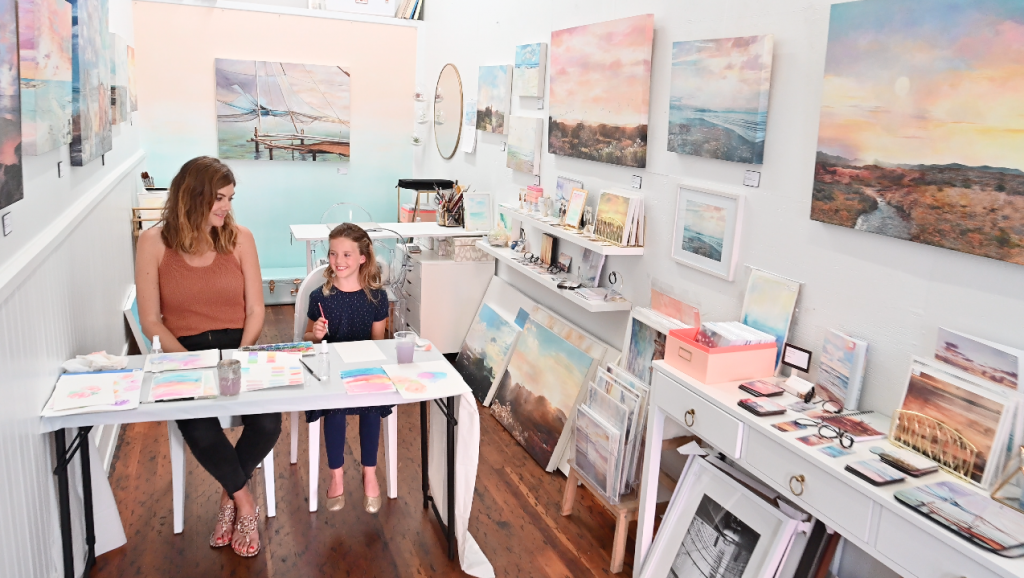By Janelle Schroy
As parents, we too often associate the work of education with the word school.
School is no longer in charge of educating kids, and truthfully, it never really was. If you thought your child’s school was responsible for their education, you were wrong.
You are in charge.

You are the CEO of Your Child’s Education
As parents, we need to see ourselves as CEOs of our child’s’ education. Of all the hats we wear in life, CEO of education is one of our most important jobs. We as parents are responsible – not the school, not the government, not the system. School situations come and go, extracurricular experiences phase in and out, as well as sports and other opportunities. Ultimately, through all of this, it’s up to us as parents to ensure that our children get the best possible education we can give them.
It’s not easy being the leader, especially when you don’t feel equipped for the job at hand. But guess what? When you became a parent, you signed up for this job. Being the CEO of your child’s education IS one of your jobs.


Education Versus Learning
But wait.
Let’s not make the mistake of equating education with school, because it’s not the same thing. Let’s swap out the word education with the word learning, although education and learning are interchangeable if defined accurately.
Take a quick survey from a few people in your life. Ask them what they feel about the word education. They often respond that it feels “serious, institutional, intense”. The older they are, the more likely they are to respond this way, simply because they’ve had more experiences with educational institutions. Education is usually associated with school, which comes with assignments, homework, grades, reports, and certificates. Those things aren’t bad, but they don’t always equal meaningful education ether.

Now ask those same people they feel about the word learning. Most people, regardless of age, respond with words such as “fun, open, exciting, free”. Why? Because learning is about acquiring knowledge or skills about something, and ironically, the most memorable kind of learning often is not acquired in a school environment.
When we are learning something, we are creating new skills, adopting new values, creating (or re-enforcing) beliefs, and forming habits. Usually, when the best learning is happening, it is because we WANT to be learning about something. Learning itself doesn’t require attendance sheets, assignments, homework, grades or reports. Maybe education never needed that either.
Learning simply requires a desire to know more and an opportunity to do so. Imagine if stirring curiosity and creating learning opportunities was how we thought about providing education. What if it WAS NOT just about getting kids into the right school, ensuring they make the best grades, join the right clubs, and achieve perfect attendance? How can we leverage the 18 years of educating our children to be all about learning instead? How can we make sure learning is fun, open, exciting, and full of freedom?
TRAVEL TIP
Consider your child:
What is their personality? How do they learn best?
How can you best leverage your travel time to serve them best. Travel is learning time, so make the most of it.

Redesign Your Child’s Education
See yourself as the CEO of your child’s education. Take the time to deeply consider your child, thinking about who they are, how they learn, what they need best to thrive in their learning journey. Consider their Enneagram number and how that informs your decisions.
What if, before you made any decisions about how to design your child’s learning path, you were to spend time asking these kinds of questions about your child:
- What is your child’s personality?
- How does your child relate to others?
- What is your child’s unique learning style?
- How does your take in and process information, given their past experiences, their present circumstances, and their future hopes and dreams?
- What is your child passionate about?
- What are your child’s social and emotional strengths and weaknesses?
- Who or what inspires your child toward curiosity?
- In what soft skills, (such as faithfulness, listening, or follow through) does your child need to grow?

School is a Tool, One of Many
If we started the learning journey with these questions, would we gather the tools for learning differently, and focus less on school as the end all, be all? What if parents knew where to find the tools and resources to best lead each child toward learning in the most effective way, understanding their unique child.
Learning tools are being developed faster than we can imagine – websites, apps, technology, learning communities. There are so many WONDERFUL ONLINE TOOLS to choose from.
For centuries school has been the primary way of “getting an education”, but it wasn’t always so. Simply look up “education” or “school” on Google, and you can read the fascinating history behind these words. A school is a wonderful tool that we as a parent – the CEO of our child’s education – has to choose from as we design their learning path. But school is not the only tool. Let’s consider a few other tools we have for inspiring learning.
Consider Apprenticeships
Prior to universities, there were apprenticeships. When a young person was interested in learning more about a trade, or an idea, or a passion, they found a mentor who shared their life and work with the interested young person. Apprenticeships weren’t delivered as a curriculum, but more as a: “Come alongside me while I work. Watch. Ask questions. Learn while helping. See my work in the context of my life as a whole person.”
Somewhere in history, we introduced internships as an option, which sadly often become free or cheap labor for unmeaningful work that no one else wants to do. Start from the bottom and work your way up, as they say.
This is NOT the same as an apprenticeship. Apprenticeship is a rich and deeply human-to-human learning experience, offered in context of a whole life.
Come alongside me while I work. Watch. Ask questions. Learn while helping. See my work in the context of my life as a whole person.


We were recently in Colonial Williamsburg in Virginia (USA). It’s a small town that is set up as a replica of what a town would have been like in the colonial days during the Revolutionary War. Costumed cast members are dressed as people were in the 18th century and are “in character” throughout the day as they do real work, such as running a print or leather making shop, a bakery or a cafe.
I was fascinated when we were in a woodworking shop. We heard how each shop owner would take an apprentice into his home and workplace for 6 – 7 years. The apprentice learned not just the woodworking trade, but the ethics and value systems surrounding the trade and the family who ran the business. Apprenticeship was a very holistic educational experience. The skill was learned in context of a whole life.
What would a modern-day version of apprenticeship look like for your child?
Janelle Schroy
Travel is Key
Many people today can afford to travel, but in the past, travel was often limited to people who were very wealthy. Those who did get to travel were then esteemed greatly in society because of their deep observations of humanity and economics. They could remember distant lands and the people in them, and were often skilled in foreign languages. Because of their travels, they had had honed soft skills such as negotiation, problem-solving, and others.
The rich learning that comes with traveling is incalculable. That is why university admissions offices today greatly prefer to enroll students who have traveled often and traveled widely.

Admissions officers usually agree that well-traveled students tend to be better at social and emotional relationships, are efficient and resourceful, and have more of a tendency to succeed in self-directed learning. Additionally, young people who have traveled are usually more empathetic and inclusive of others, as they have seen and experienced more of the world’s diversity and humanity (including human suffering and economic disparities). Simply put, travel facilitates learning in ways that are impossible to replicate in a classroom environment.
How could travel be intentionally designed as a key piece of your child’s learning path?
Janelle Schroy

Community
When we first learn to walk and talk, it is not because we are taking lessons, having quizzes and completing projects. We are simply in a community of people who are experienced in those skills, and we learn from them by watching and imitating.

We pick up skills like social conversation, cooking, gardening, homemaking, decorating, automobile care, organization, curation, and time management from people in our community such as family, friends, relatives, and neighbors. Community-based learning is the basis for all future academic endeavors, formal or informal. Communities are rich in learning opportunities if you look for them and find ways to leverage them on behalf of your child.
How could you leverage the community resources around you to facilitate learning opportunities for your child?
Janelle Schroy
So Much More To Offer
School is not always equal to education. School is ONE tool, one which you may or may not use to best facilitate your child’s education. But there is SO MUCH more you can offer your child.
Taking into account the uniqueness of each child, and the many resources we have around us, including, but not limited to: online resources, school, apprenticeships, travel, and community, how might you redesign your child’s education?
Thinking outside the “box” yet?
Over to you, CEO of your child’s education. Lead.


